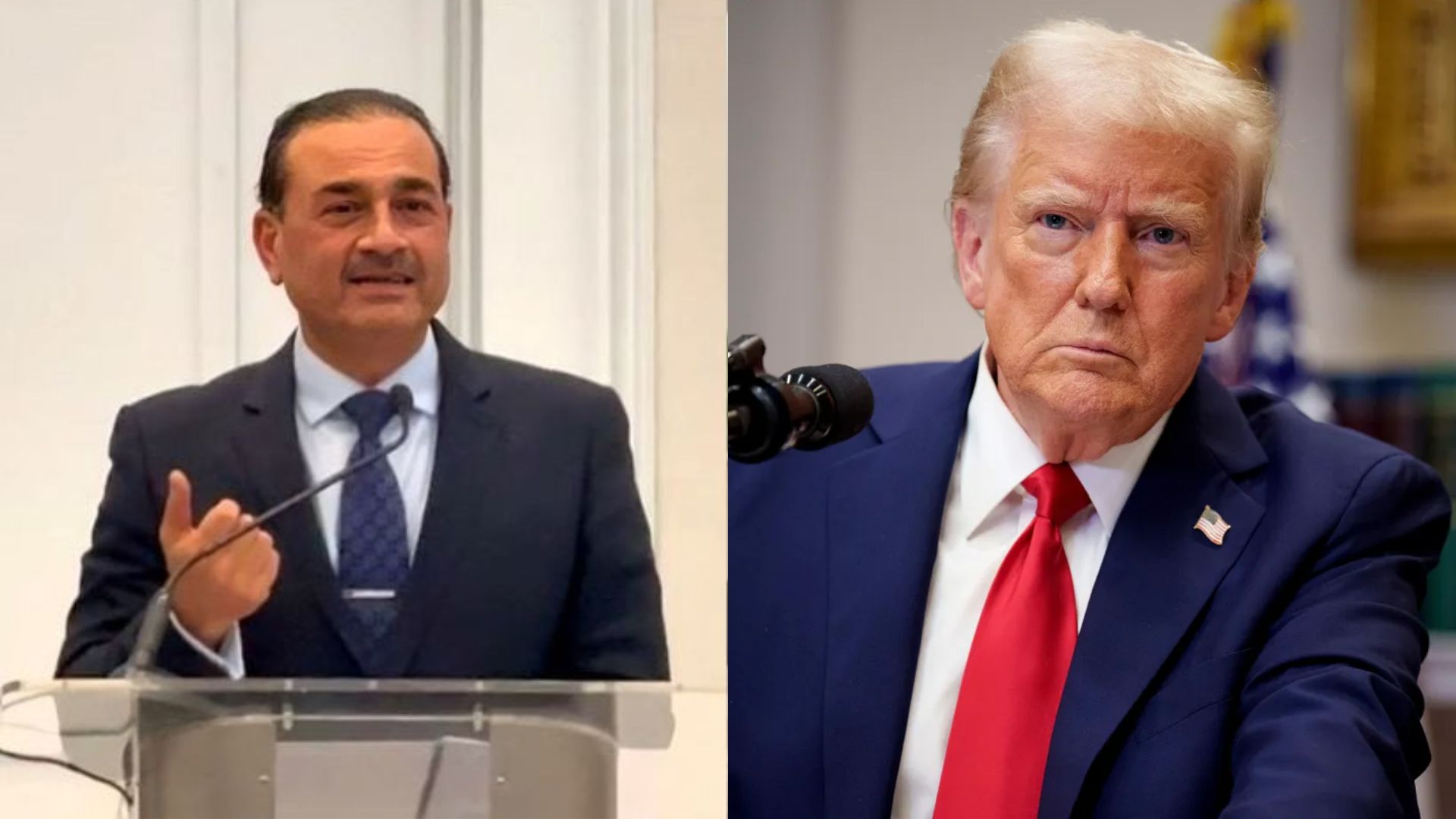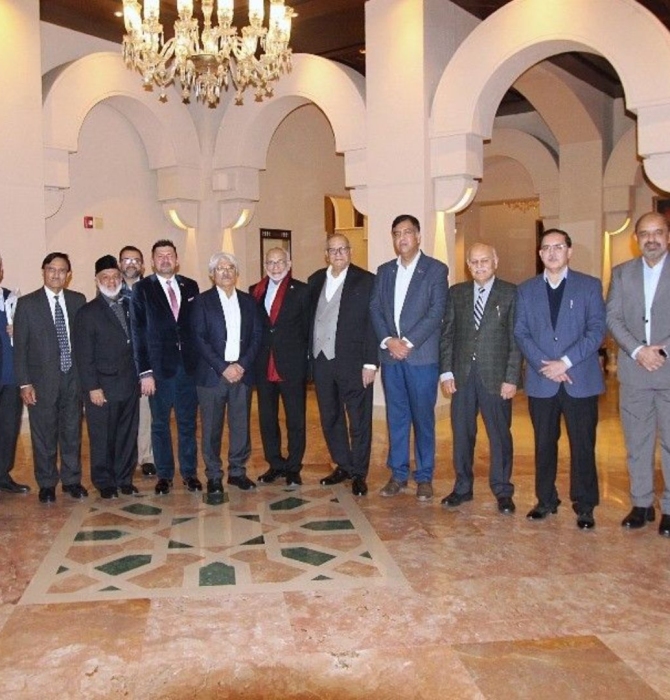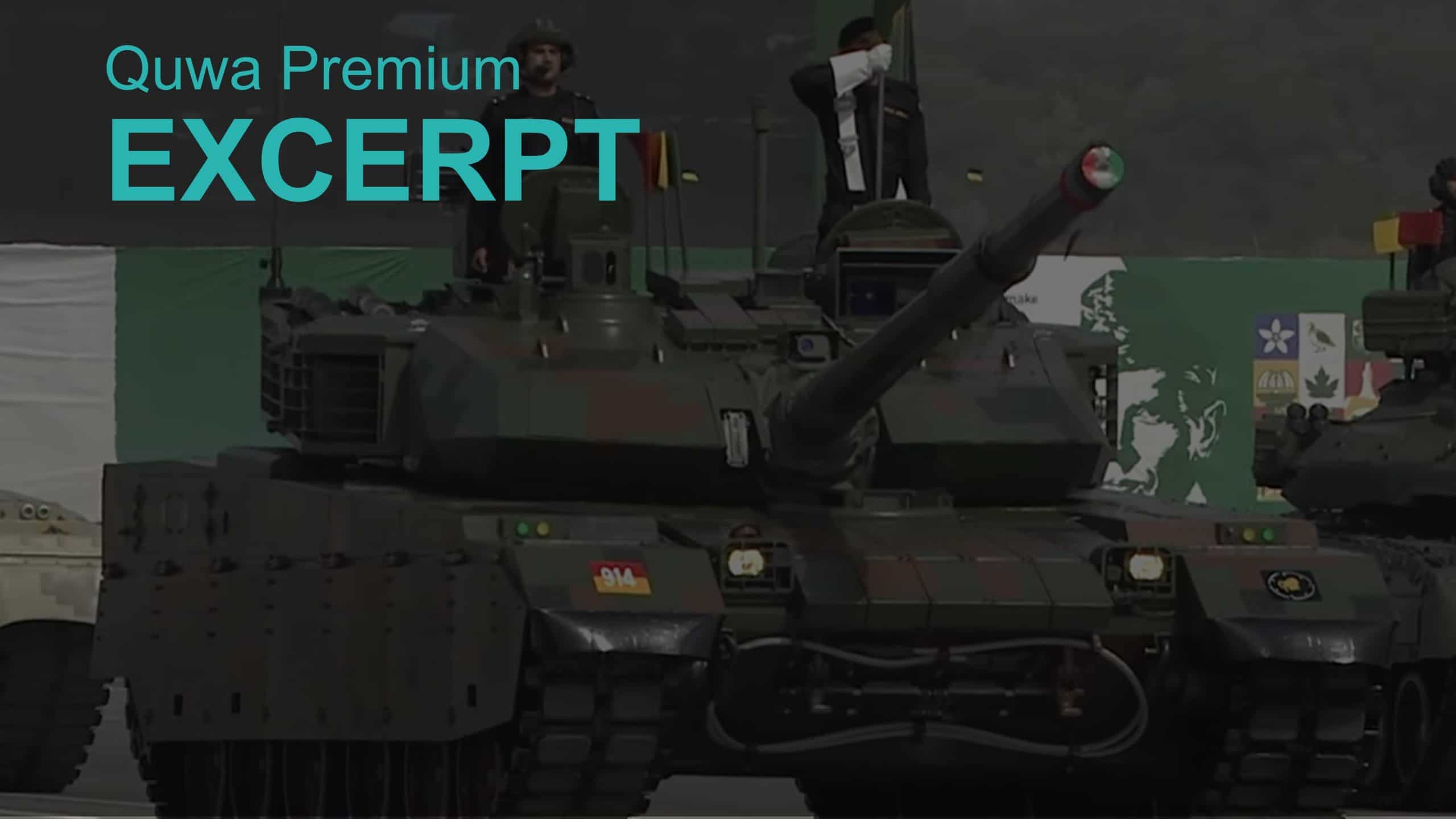12351Views

More Than a Photo Op? A Thaw in Pakistan-US Defence Ties Quwa Premium
In his official visit to Washington, Pakistan’s Chief of Army Staff (COAS), Field Marshal Asim Munir, was invited to a private luncheon directly with U.S. President Donald Trump in the White House.
The meeting is a significant swing in optics, from the disparaging Tweet President Trump posted in 2017 to disavow Pakistan and cut its military aid, to now viewing a key head of its security establishment as an important figure and stakeholder.
However, while Pakistan has looked to reframe its identity as more than a regional security partner, the meeting between Pakistan’s top military figure and the President of the U.S. arguably maintains more of the same core historical pattern.
A Symbolic Shift?
One could argue that there is an underlying shift in U.S. foreign policy towards Pakistan between the first and current Trump administrations. In 2017, the Republican Party in Congress was institutionally aligned in that it was following the policies it had architected before Trump’s presidency.
For example, towards the end of President Obama’s second term in office, it was the Republicans who played the leading role in squashing the release of Foreign Military Financing (FMF) funding for a sale of eight Lockheed Martin F-16C/D Block-52 fighters to the Pakistan Air Force (PAF) in 2016.
In other words, the intent and planning to cut military assistance to Pakistan were already in place before the election of President Trump; the latter executed an existing policy. This move was one among several at the time that had tied Trump to preexisting policy frameworks from the Republican Party as constituted in 2016 and long-term, ‘fixed’ US interests defined under Obama’s tenure (e.g., Pivot to Asia strategy).
In the current Trump administration, the makeup of the Republican Party and its electoral base are now markedly different from what it was in 2016. There is a general desire to extricate the U.S. from foreign conflicts in Europe and the Middle East by delegating the responsibility of managing security to the key regional powers of those regions. Thus, one surface-level reading of Trump’s invitation to Munir is that Washington wants Rawalpindi to take up a regional responsibility.
A Call on Pakistan to ‘Look West’
The U.S. calling on Pakistan – i.e., one of Iran’s key neighbours – to assume a role in Tehran following the current Israeli-Iranian War is to be expected. This involvement could range from intelligence sharing and facilitating U.S. military activity over Balochistan to, potentially, assuming a post-war role directed at stabilizing Iran in the event of a change in Tehran’s political leadership.
End of excerpt (430/1,136 words).
Existing Quwa Premium members can log in below
Note: Logged in members may need to refresh the article page to see the article.


